|
Internships aren't just about "making coffee runs or filing paperwork"; they're about diving headfirst into real-world experiences, gaining invaluable skills, and making memories that last a lifetime 🌎✨. Why Internships Matter
Does it really work? |
| Before The Bridge: "I was dealing with a lot of anxiety and depression. I felt like I couldn’t make many friends." Confidence: "I feel more confident in myself in all areas. Confident when talking to people, confident in getting a job again and working." | The Aventuras: "The one that really changed my perspective on things was La Tortuga. We made homes for hatching turtles." Feedback: "At first I was a little mad at feedbacks, now I understand it was to do the things I don’t necessarily want to do in the moment but that will help me in the long run." |
"I want to thank my family for always being there. To the staff, I’ve never not felt welcome since arriving. Thank you to the students, you really helped form the experience here."
"This journey has helped me in a lot of aspects of my life and I’m excited to get back home to get a job and go to school."
Turning the Worldview Upside Down!
| Have you noticed how going away to a new place and meeting new people always teaches you something about yourself and where you come from? It’s hard to see ourselves and our immediate environment with clarity because we are too close to it; in fact, we are inside it. - Taking distance from your environment can be a huge gift to your awareness, discernment, and adaptability. - It gives us the chance to perceive in refreshing ways. |
|
Check out where our quotes come from! Bridge Impact
What is The Bridge’s methodology to improve students’ skills and their ability to respond?
Divergent learning is suitable for our students because:
| Today’s world is globalized and rapidly changing. The right answer today might not be the right answer tomorrow, and the right answer in one context might not be the same in a different one. | Life is unpredictable. If response-ability is the goal, then relying on one or a small number of responses is risky. Learning how to generate multiple alternatives is much more adaptive. |
Guided Exploration of Experience Design:
With the backdrop of an accepting culture and a highly enriching environment, our students are guided through a process we call Supportive Immersion.
Our ability to respond depends a lot on learning a good repertoire of skills. We actually ultimately respond to any kind of situation with an action that requires a skill. Based on DeYoung’s study of human behavior, skills can be perceived as evolutionary adaptations. This means that over long periods of time, our ancestors have developed certain behavioral tendencies that work better than others, and the most efficient ones have been passed down through genes and culture.
Following this understanding and the classification of these broad and encompassing categories of skills, The Bridge supports students to develop 5 Core Skills (the PROPS) that serve as the foundation of their ability to respond to all life situations and goals:
| PROACTIVITY Proactivity is about directing one’s energy toward a goal. When we are proactive, we have a clear purpose (big or small) and are willing to drive our actions toward it, even if it’s outside of our comfort zone.
| RESILIENCE This skill helps us modulate fear. How do I respond to this situation? Do I confront it? Do I retreat? Resilience is not just about persevering when we are challenged, but also about maintaining emotional balance.
|
| OPENNESS We are not isolated beings; we depend on other people and our environment for our wellbeing. It is essential to be in an open and reciprocal relationship with our surroundings. This means that we are able to contribute to the wellbeing of others and our surroundings as well as stay open to the feedback we get from them.
| PROBLEM-SOLVING Problem-solving relies heavily on other skills like curiosity and creativity. Problem-solving requires an attentive and open mind to possibilities, connections between parts, and finding a match between external and internal resources. How do I get from point A to point B? How do we strengthen our team? How do I get over my anxiety? Those are questions that problem-solving helps with.
|
This skill helps us prioritize what’s important. Whenever we want to accomplish a goal, it is crucial that we organize our mind, our space, and our tasks. We need to stay focused and stay aware of our current actions and their future consequences.
- When we lack self-governance we get distracted, we can be impulsive, and get overwhelmed with tasks that require consistency and long-term planning.
Guided Exploration of Skill Development
They are given lots of opportunities for healthy risk taking, exploration and trial-and-error. However, they are not left to their own devices; we are guiding them by sitting “in the passenger’s seat”. By doing so, we carefully guide students to activate their response-ability in a scaffolded way through every attempt to push slightly past their current ability, recognize the skills implemented, and discover their unique formula to respond to their goals and life’s challenges.
| Now that you've learned about PROPS skills, could you identify each core skill when you see it in action or hear someone talking? Here's a reflection from one of our graduates on his experience at The Bridge 11 years ago. See if you can identify when he's referring to the different PROPS! | |
Responsibility - it's such a loaded word.
We all want to be responsible, but it can sound like such a drag!
| At the Bridge, we closely examine this nuanced concept and we challenge conventional notions, embracing a perspective where the essence of responsibility transcends mere obligation and duty. Instead, responsibility is akin to stepping onto a path of personal evolution—an adventure brimming with self-discovery and finding what you have to offer to your world. | We urge individuals to cultivate awareness, discernment, and adaptability; these important skills not only assist emerging adults in navigating life's uncertainties but also foster their ability to thrive amidst its challenges and contribute their unique talents to make a difference to themselves and others. |
Join us as we unravel the layers of responsibility,
inviting you to partake in acompelling progression of newfound agency and mattering.
Responsibility (the ability to respond) is The Bridge’s main goal and desired outcome for our students, which entails gaining and using awareness, discernment and adaptability. Before coming to us, our students have not had an adequate ability to respond to life’s challenges. Because of this, their wellbeing has suffered and they have failed to meet their goals, which in turn hurts their confidence.
This already tells us that one’s ability to respond (or responsibility) needs:
- Awareness: to understand the situation or goal at hand,
- Discernment: to choose the skills and response that best fit the situation,
- Adaptability: to modify our behavior or perspective, to learn new responses
| David graduated from The Bridge in 2016. He then went to Georgia State University and earned a degree in Philosophy and Chinese. Through discipline and sacrifice, he has successfully managed to combine working jobs that provide him stability, as well as give him the chance to sustain and further his creative projects | "The Bridge planted seeds of responsibility; it was an introduction to being an adult." "It took me from where I was to be willing to throw myself into the next problem. That's how you have to approach it, as a one-step-at-a-time type of thing" |
Stay tuned to learn more about which skills are needed to learn to be responsible! 🔎
Part 2: Supportive Remedies at The Bridge! 🗣️🌍
| After returning from my eye-opening visit to the programs within Supportive Immersion Institute in Costa Rica, I found myself consumed by thoughts that lingered long after my departure. Little did I know just how profound the impact would be on my understanding of cultural immersion. Sitting among the community of young adults at The Bridge, I was drawn into a whirlwind of stories – tales that resonated with themes of self-discovery, growth, and connection. Each narrative, from reflections on their past selves to the evolution of their identities, painted a vibrant portrait of the incredible power of immersion. | It was in these candid conversations that my perception of cultural immersion underwent a profound shift. The ways in which each young person described their experience with their homestay families and how they forged deep connections and sincere appreciation for their time together were quite moving. This added layer of depth illuminated the true essence of immersion, revealing it as more than just a series of activities, but rather as portals to profound connections with both the people and the world around them. And it was not merely about experiencing life in a different country; the true significance lay in the unique cultural immersion found within the country of Costa Rica. |
| From the moment I set foot in Atenas, Costa Rica, I was struck by the rhythm of life here. The incessant buzz of "must do's" and "to do's" seemed to fade away with each interaction, replaced by a sense of ease and belonging that enveloped me. What struck me most was the genuine warmth and hospitality of the community members, homestay families, and staff at The Bridge. | Far from feeling like a stranger in a foreign land, I was welcomed with open arms, as if returning home after a long journey. The deep connections forged between The Bridge team and its community partners underscored care that extended unreservedly to everyone involved. This extension of care fosters belonging and offers freedom to explore, with a safety net of support in place. |
It's a space where the masks we wear to conceal our insecurities can finally be laid to rest, allowing our true selves to emerge, unencumbered by fear or judgment. A chance to rediscover joy and creativity, unburdened by the weight of what isn't working in our lives.
PART 1 : What's Really Going On?
| In the whirlwind of emerging adulthood, that pivotal moment of shedding who you were to become who you wish to become can hit hard. It’s when we are all trying to navigate the maze-like twists and turns of life, grappling with big questions about who we are, what we are here for, and where we fit into this vast world around us. Whether you were the straight-A student with everything neatly mapped out or the one who felt like you were constantly playing catch-up, socially or academically, there is a point where we all find ourselves at a crossroads. | Suddenly, uncertainty looms large, and we are left feeling adrift, maybe even a little isolated, wondering if anyone else is weathering the same storm. Some of us bounce in and out of these moments as we stumble forward, while others find ourselves stuck, unsure how to break free. And yet, life barrels on, heedless of whether we are keeping pace. The weight of it all can feel suffocating, and before we know it, we have been swept off course, struggling to find our way back to solid ground. 🌞🦋🌈 |

with unprecedented challenges, the full weight of which is yet to be fully comprehended.
| While we are confident that the scenario described above resonates with anyone navigating the tumultuous seas of young adulthood, it's crucial to acknowledge that for those just beginning this journey, there's an added layer of complexity to contend with. | Anxiety is heightened, yet understanding the root source feels unattainable, given how elusive it can be to pinpoint the exact cause. This heightened sense of disconnect and uncertainty can make it feel impossible to reclaim the sense of self they once knew. |
As we ponder the profound challenges faced by emerging adults in today's tumultuous world, it becomes evident that traditional support approaches may fall short. Looking ahead to Part Two of our series, we'll explore how The Bridge in Costa Rica offers hope amidst the uncertainty. Through a holistic framework deeply rooted in Costa Rican culture, The Bridge embodies a paradigm shift in supporting young adults. By fostering deep connections, community engagement, and an expanded vision of the future, The Bridge guides young adults to rediscover themselves and their potential contributions to the world.
Embark on a Virtual Journey
| | In this special newsletter, we bring you a mix of testimonial videos that highlight the transformative experiences of our alumni. These brave young adults have overcome challenges and achieved remarkable progress, and we couldn't be prouder of their accomplishments. |
- “You surround yourself with amazing people who are searching for the light. Inevitable is going to rub off on you!”
- “There’s always going to be ups and downs. You can appreciate and learn from the downs.”
- “You can make The Bridge what you want it to be. It’s a sandbox for your betterment.”
- “I appreciated staff just being themselves and helping me.” “I think Costa Rica provides a priceless detox for your process.”
"They have given me immense hope that my children can have a more comfortable and bigger space to live in." "I am so grateful."
Student Takeaways
| "I learned gratitude and work ethic. I remember the same people on the bus waking up early every day. They were going to work, dealing with the traffic, and so were we." "I was impressed with how the locals find happiness despite their difficult conditions. I learned how to find happiness and joy in the little things. " | "It stood out to me listening to Griselda saying that what we did for her is just work for us, but for the community, it was an inspiration and letting people know that we care of them; that they are not forgotten." "My learning was being more confident about myself and the work I can do; seeing what I'm capable of." |
Would you like to learn more about course reviews like this one? Read on...
|
After using this framework to guide and structure the personal growth and program experiences of our students for several years we thought, wouldn't this framework make for a really interesting and valuable college course?... So, we partnered up with Veritas University to offer a course called Sustainable Lifestyles, focused on young adult wellbeing and centered around the 9 Dimensions of Healthy Living.
In addition to providing students with lots of information on how to navigate their wellbeing, it has tons of experiential elements that make it really engaging.
Check out Dr. Danny Recio & Dr. Heather Tracy’s article published in the well respected EAIE FORUM magazine last summer of 2023. Finding the path to mental fitness: From languishing to flourishing is a worthy read!
| | What if you were guaranteed immense clarity and direction just from taking a simple year off of school to travel abroad? What if it could propel you way farther than jumping straight into college? Would you do it without hesitation? Danny Recio, Director and Founder of The Bridge Gap Program, took a gap year in South Africa after high school. It was during his time there where he had a “coming of age” experience and found his calling in working with people. All because of his time abroad, Danny went on to start gap year programs - a therapeutic option called The Bridge (a therapeutic community for young men) and a more traditional coed gap program (Si! Gap Program) in Costa Rica, guiding them along their own coming of age experiences. |
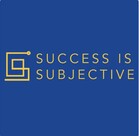
https://podcasts.apple.com/us/podcast/episode-118-making-the-most-of-your-young-adulthood/id1499891712?i=1000550592741
- What it was like growing up and going to school in Costa Rica
- Danny’s gap year in South Africa
- How impactful and helpful taking a gap year can be
- When Danny became interested in psychology
- Danny’s experience in college in Costa Rica vs the U.S.
- Danny’s insight on what can be really helpful for young adults as they navigate their identity and the world around them
- How The Bridge Gap Program came about
- Danny’s advice on goal setting
- Connect with Danny Recio at his Bridge email or his NSA email
Categories
All
Alumni Reflections
College Counseling
Cultural Aventuras
Cultural Immersion
Danny's Notes
Gap Years
Internships
News & Updates
SeedPod Podcast
Service
Archives
April 2024
March 2024
December 2023
November 2023
October 2023
September 2023
June 2022
May 2022
April 2022
May 2021
July 2020
May 2020
April 2020
September 2019
May 2019
April 2019
November 2018
October 2018
September 2018
May 2018
April 2018
March 2018
February 2018
January 2018
December 2017
November 2017
September 2017
August 2017
June 2017
March 2017
February 2017
January 2017
December 2016
November 2016
October 2016
September 2016
August 2016
July 2016
June 2016
April 2016
March 2016
December 2015
















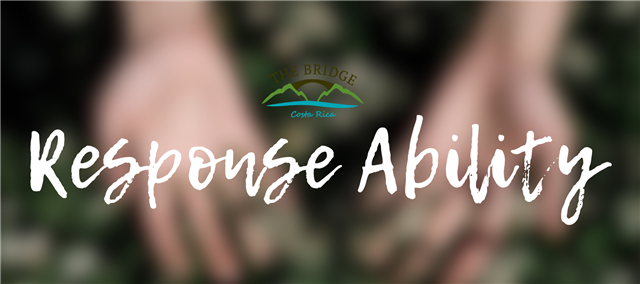
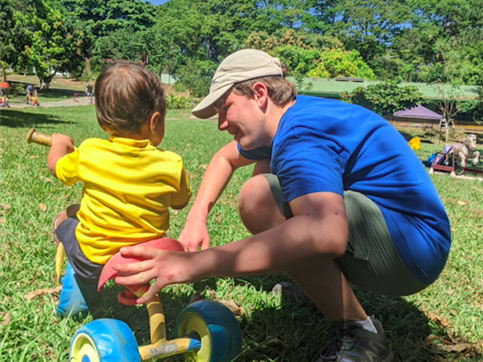
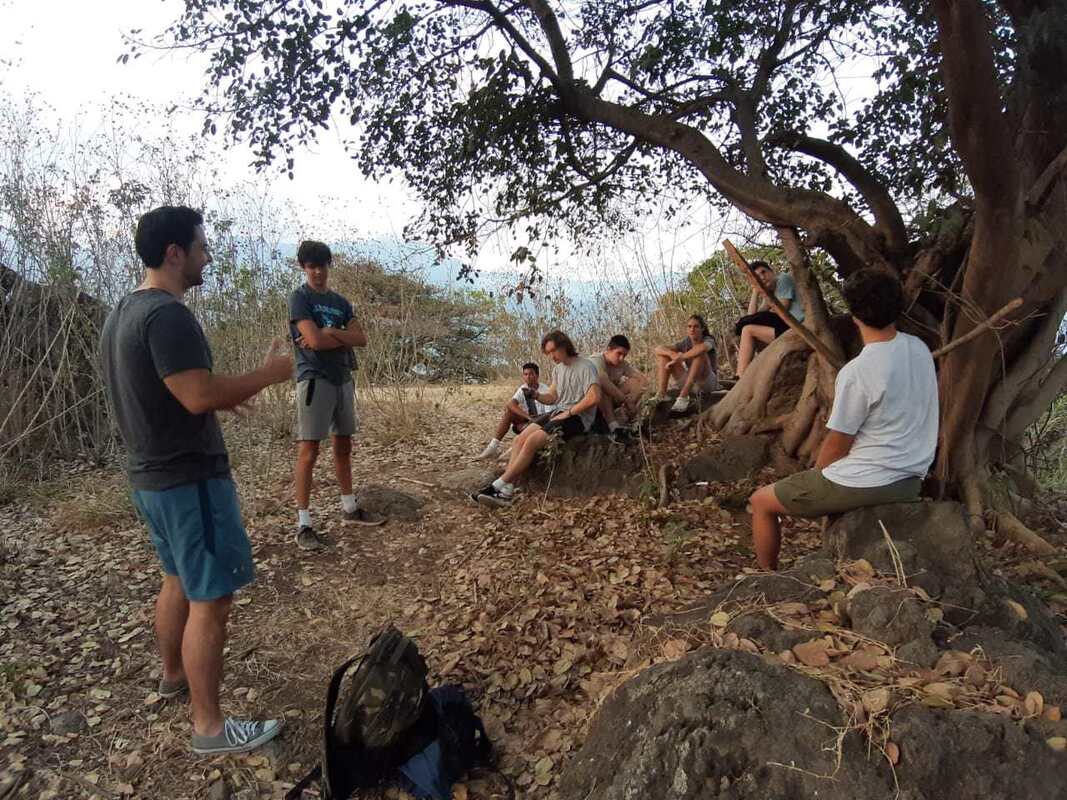
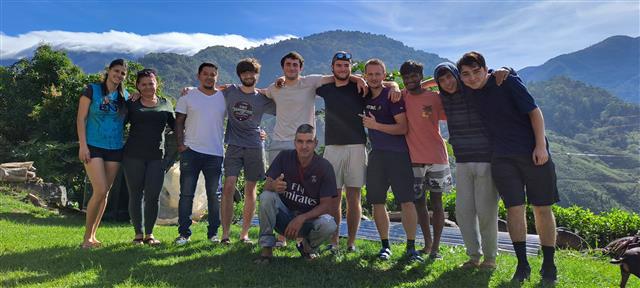







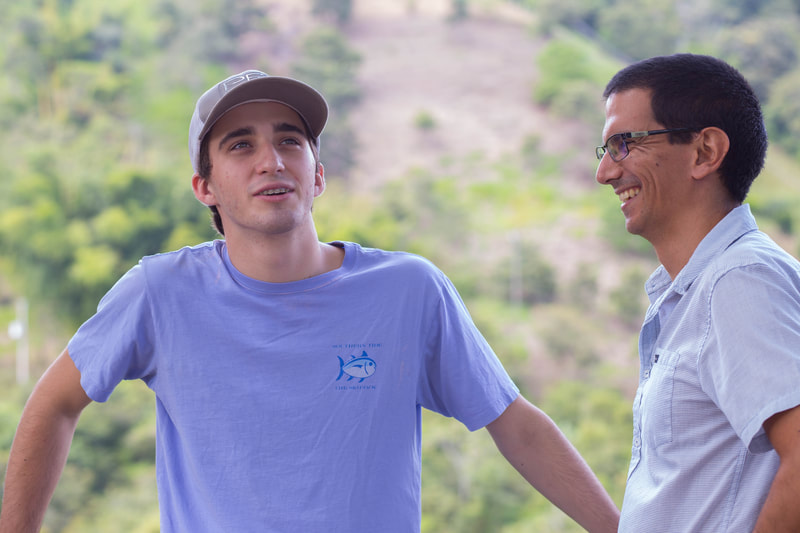
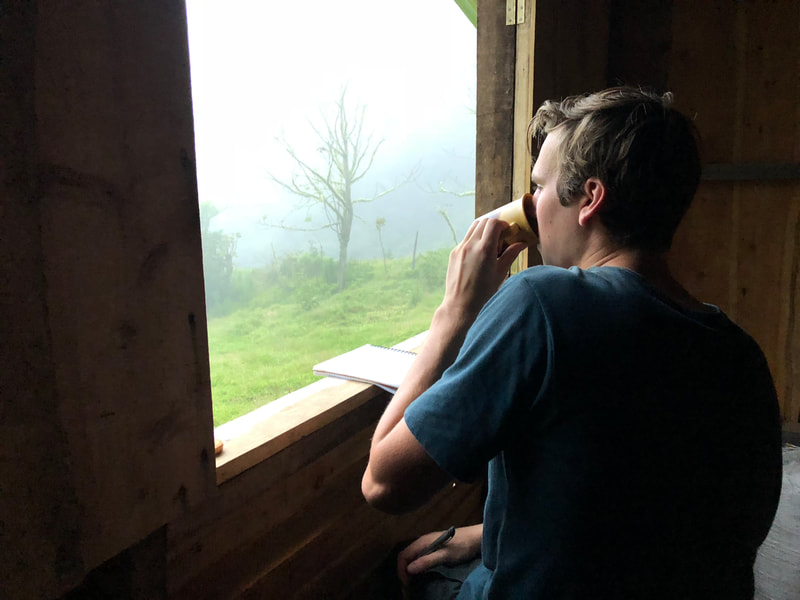
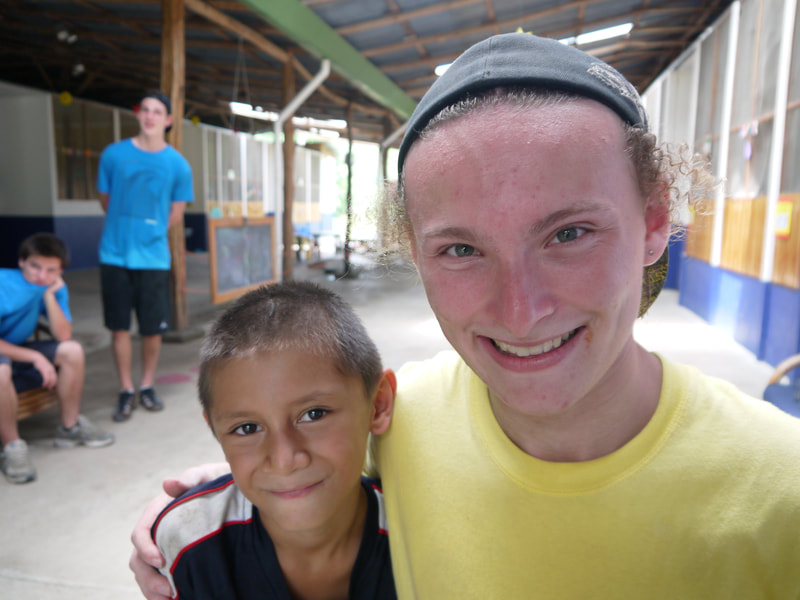
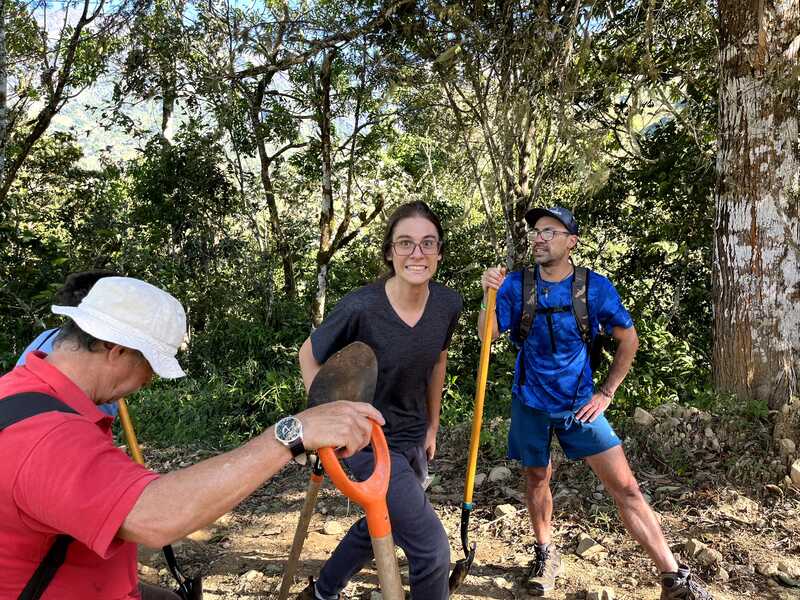

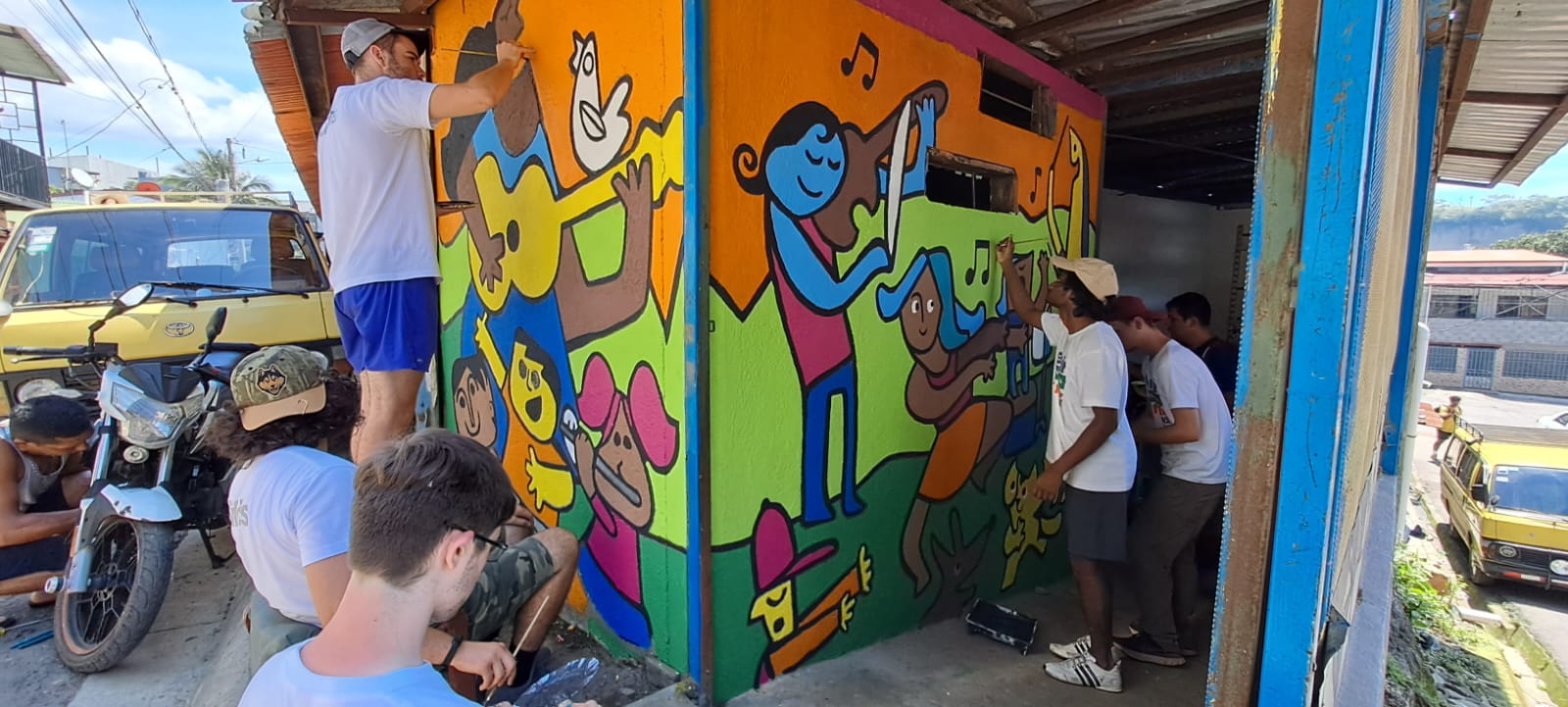
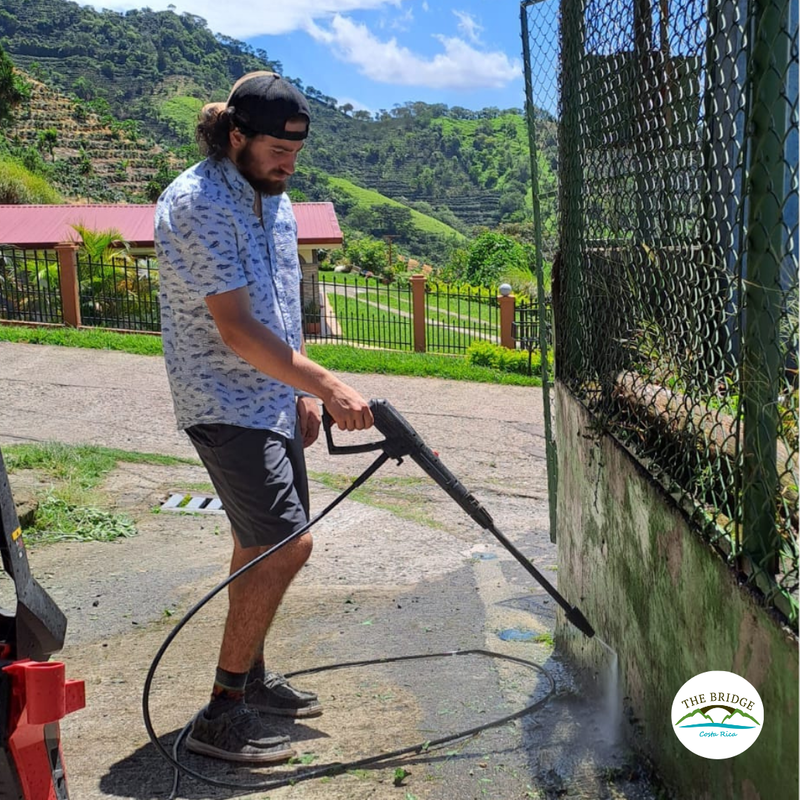
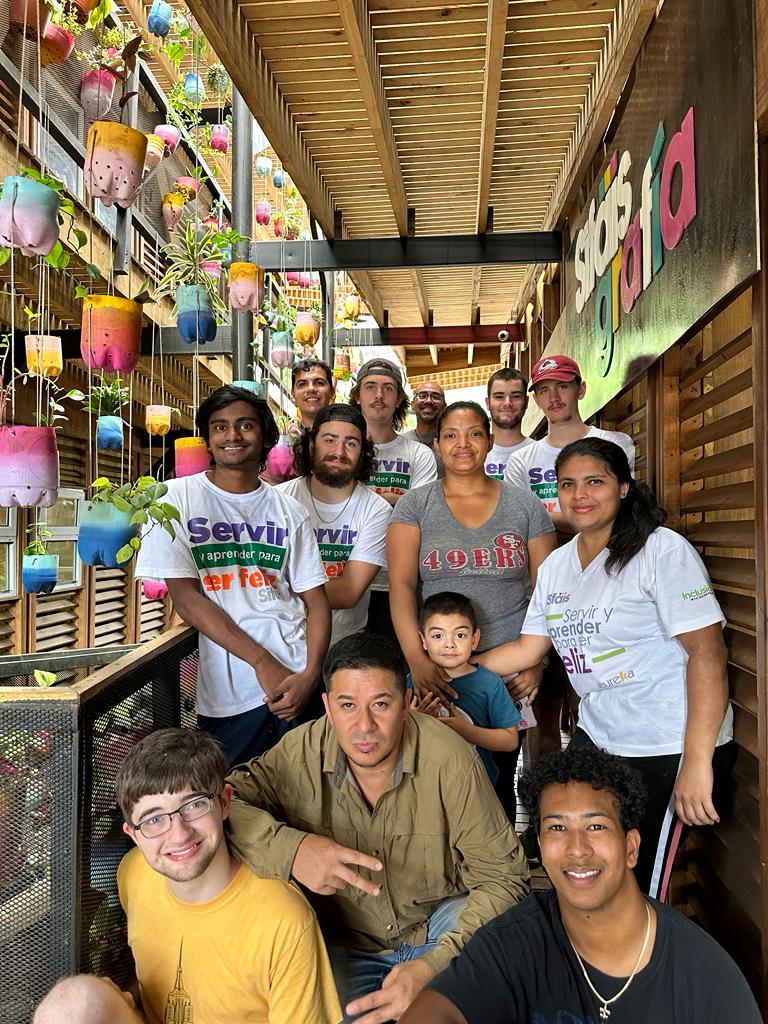
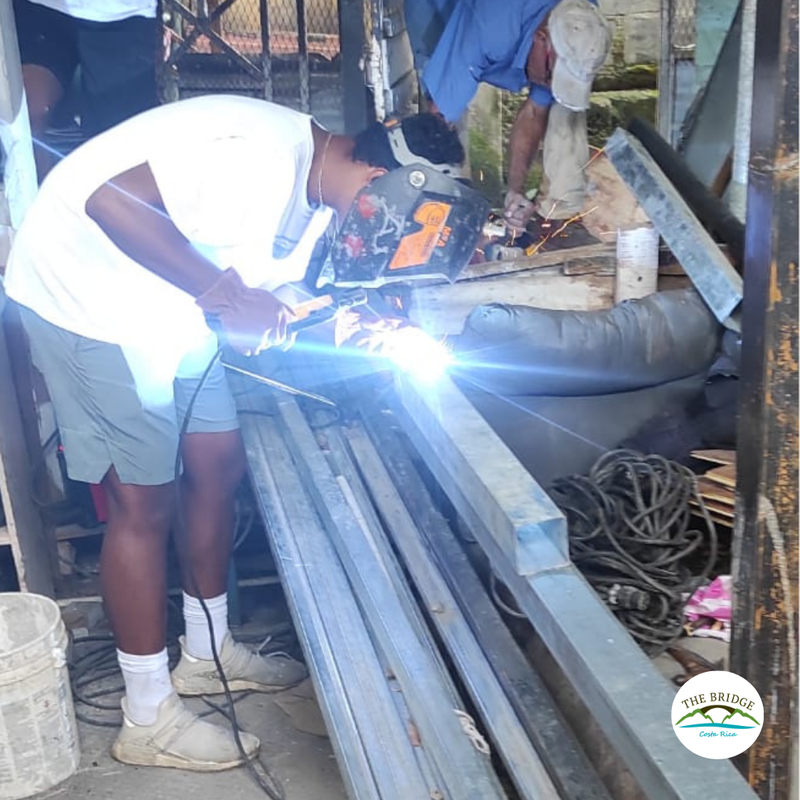
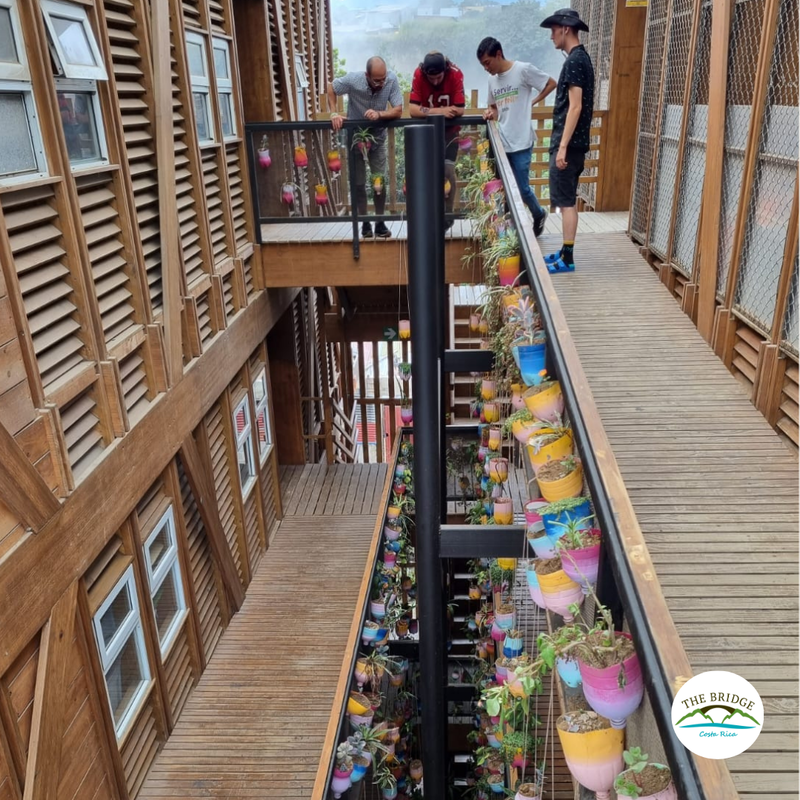
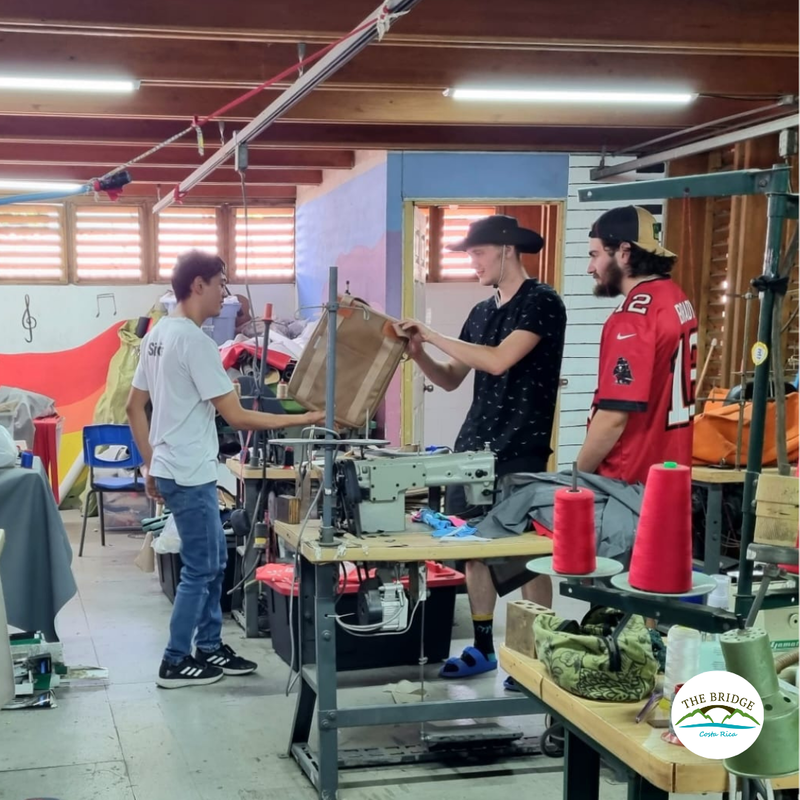
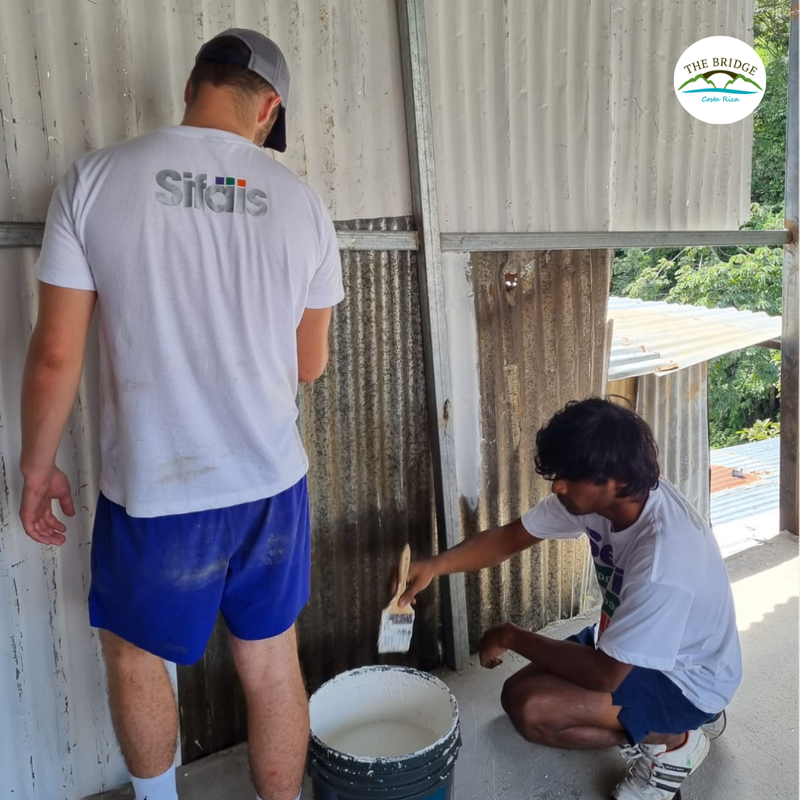
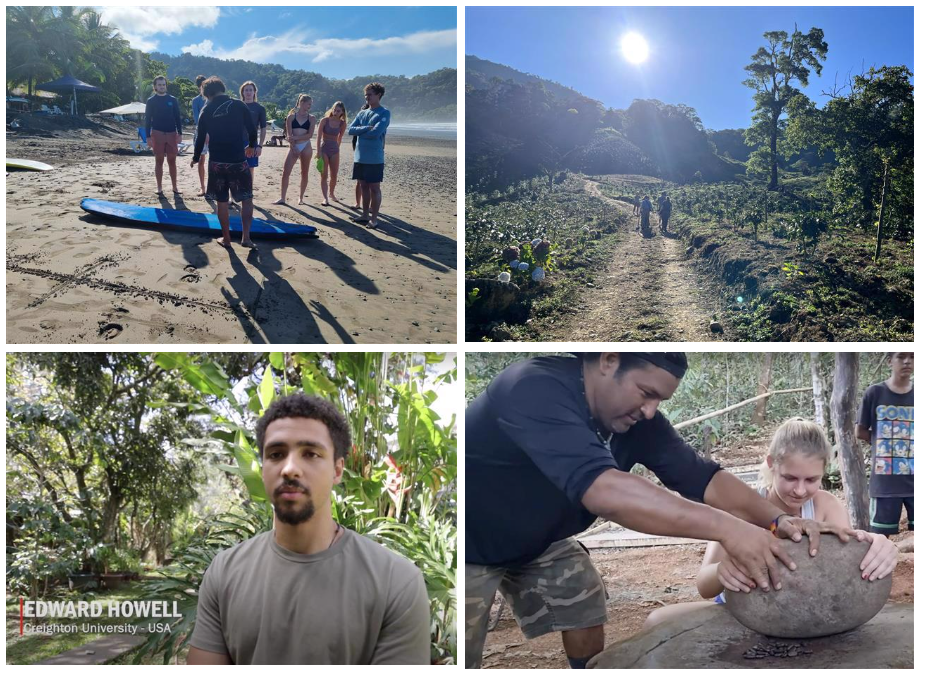
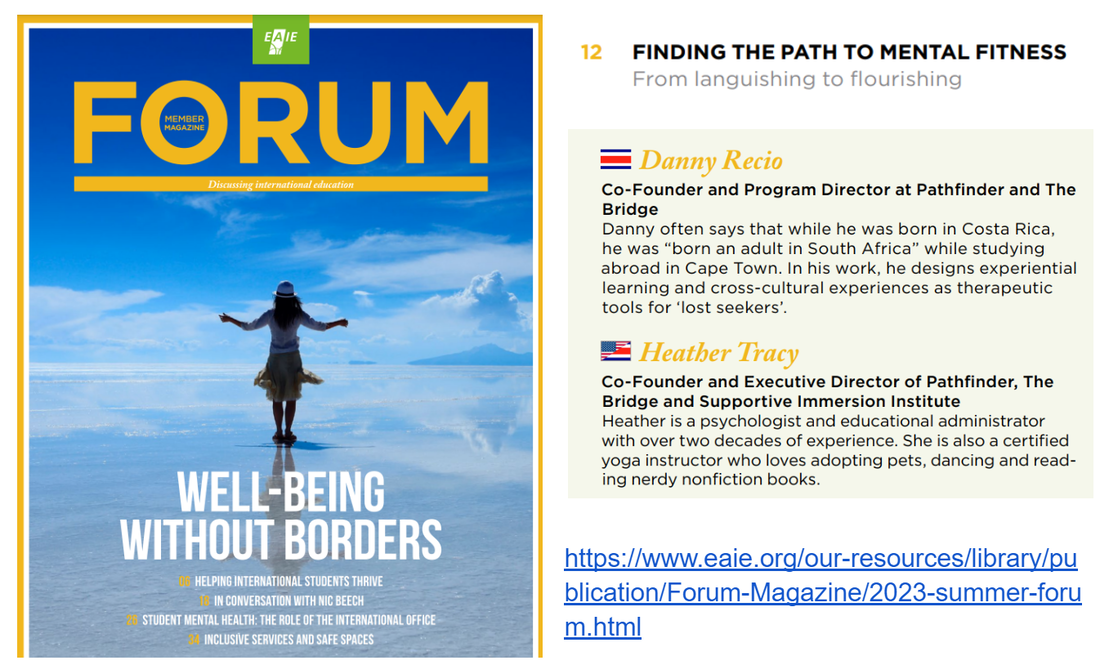
 RSS Feed
RSS Feed